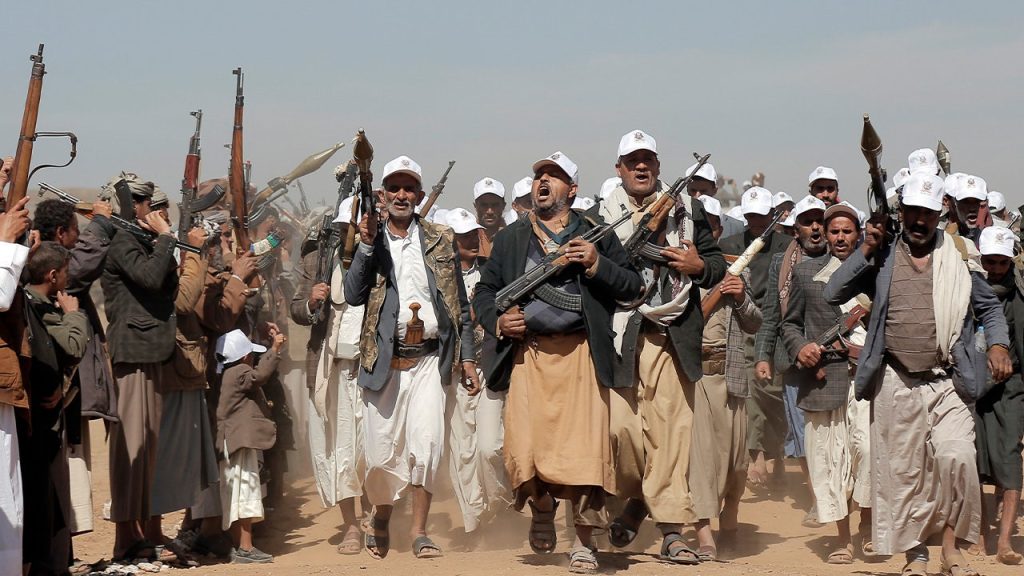The threat of a regional war in the Middle East is concerning for world leaders as Islamic extremist groups, such as the Houthi terrorist group, gain prominence with the backing of state-sponsored terrorism. The Houthi group has been a longstanding issue in the Red Sea, with attacks on military and merchant ships using increasingly sophisticated weapons systems. Following a deadly assault on Israel by Hamas terrorists, the Houthi attacks in the Red Sea have increased significantly with no plans to stop until Israel halts its operations against Hamas and the Palestinian people. These attacks are part of a broader geopolitical strategy executed by Iran and Russia, U.S.’s chief adversaries.
Reports suggest that Russia might be arming the Houthi terrorists in retaliation for U.S.’s support of Ukraine. While U.S. officials do not believe that Moscow has transferred arms to the terrorist organization yet, there are concerns about meetings between Russian officials and Houthi spokespeople. The attacks in the Red Sea, in addition to threatening lives in international waters, also contribute to food and trade shortages worldwide, leading to global food insecurity, particularly in Africa. These actions are seen as a way for Russia to punish the U.S. and increase costs associated with supporting Ukraine.
The partnership between Russia and Iran has become increasingly evident as the attacks by the Houthis in the Red Sea continue to escalate. The Houthis have launched numerous attacks on merchant and military ships as well as on Israel, with some intercepted by the U.S. Navy. Despite an increased U.S. presence in the region, there are concerns about the effectiveness of military operations against the group. The head of the U.S. Central Command has reportedly advised a broader approach to tackling the issue, highlighting the need to target the root of the problem, which lies with Iran’s support for the Houthis.
It is believed that Russia is communicating with the Houthis through Tehran, with the goal of inflicting pain on the U.S. by using the militant group as a proxy. The Iran-Russia partnership aims to counter Western sanctions imposed on both countries for security reasons. The use of the Houthis as a tool for geopolitical goals by Iran and Russia has become increasingly clear as the attacks in the Red Sea persist. The lack of accountability for Iran in these actions has allowed them to continue supporting the Houthis, even if it results in the group fighting to the death without impacting Iran directly.
The U.S. faces a complex situation in the Middle East, with the resurgence of Islamic extremist groups and state-sponsored terrorism exacerbating tensions in the region. The involvement of Iran and Russia in supporting groups like the Houthis poses a challenge for U.S. efforts to maintain stability and address security threats effectively. A broader approach focusing on targeting the root causes of conflict and addressing the role of state sponsors like Iran may be necessary to prevent a further escalation of violence and instability in the region.


